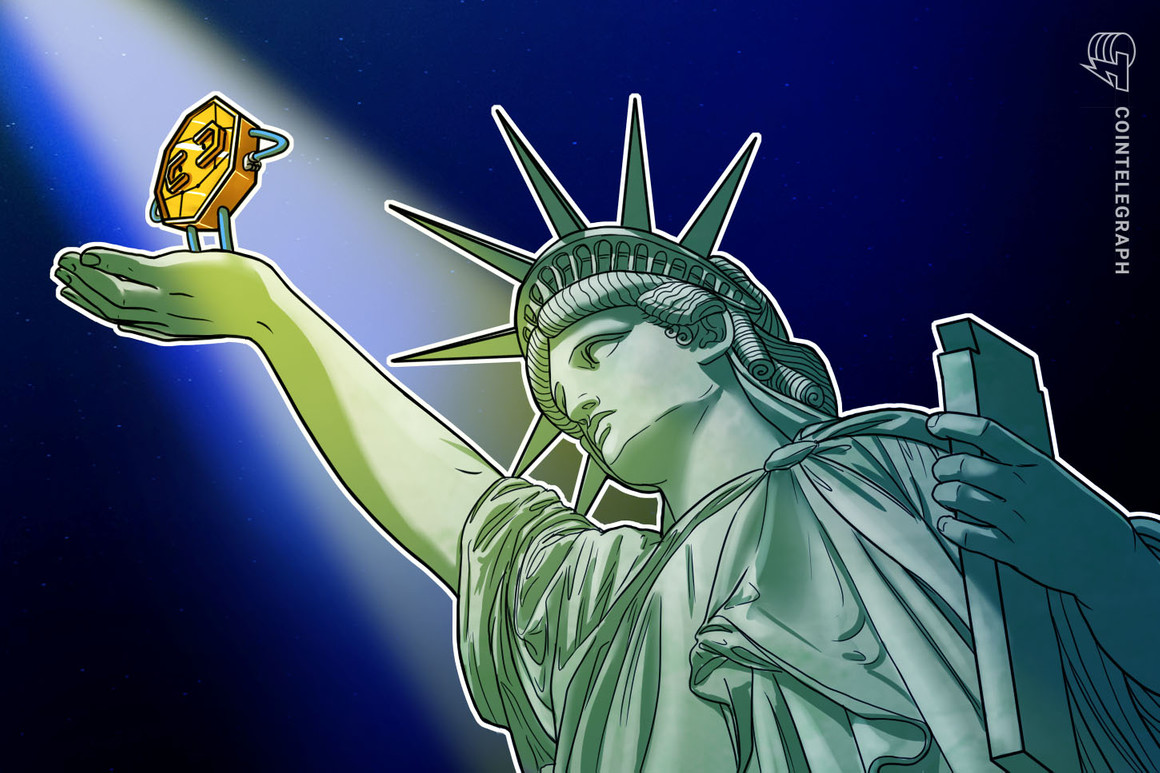
David Schwartz, chief technology officer of Ripple Labs, said United States regulators’ response to the crypto industry may help XRP in the end but is also likely to hurt burgeoning companies.
The Ripple chief technology officer told Cointelegraph he believes many crypto and blockchain firms considering getting started in the United States or relocating from abroad face a deterring regulatory environment. He described U.S. regulators as “overlapping regimes” wherein bodies like the Securities and Exchange Commission, Financial Crimes Enforcement Network, and Commodity Futures Trading Commission might not come to a consensus as to what a security is versus a currency in terms of digital assets.
“It’s very difficult to figure out which laws apply and how they apply to something new,” said Schwartz. “That you generally don’t see in other countries — there’s some entity that makes the rules and at least you know you’re talking to the right party.”
He added:
“The United States is one of the few countries where there’s this very palpable risk that the regulators will turn to you and say, ‘That thing that you were doing for five years, in public and complete light of day? Well, you should have known it was illegal all along.'”
Schwartz’s comments come as Ripple is facing legal action from the SEC, which filed a lawsuit in December 2020 alleging the firm, CEO Brad Garlinghouse and co-founder Chris Larsen had been conducting an “unregistered, ongoing digital asset securities offering” with their XRP token sales. The chief technology officer said he had been wary of regulators coming down on Ripple prior to the lawsuit, claiming any firm in the crypto space took the risk of seemingly arbitrary crackdowns.
“If we pass regulations that slam the door shut on innovation and say ‘well, we’re going to grandfather these other projects and make it very very difficult for new projects to compete with them,’ that’s great for XRP,” said Schwartz. “That’s great for me, but as a human being who wants the best solutions for the world, that’s not a good solution.”
Since news of the lawsuit broke, several crypto exchanges have suspended the trading of XRP or delisted the token entirely. Global money transfer service MoneyGram has also reportedly terminated its partnership with Ripple.
Ripple’s position in response to SEC lawsuit has been to claim that XRP is more like Bitcoin (BTC) or Ether (ETH), both of which the regulatory body has classified as commodities. However, Schwartz’s claims that regulators are implying Ripple “should have known” XRP was an illegal security offering may carry some weight. The SEC took roughly eight years to file a lawsuit after the token was first released in 2013, and the nature of XRP has largely remained unchanged.
“My number one recommendation to U.S. regulators is: look at the rest of the world and don’t get out of step.”
Cointelegraph will be releasing the full video interview with Schwartz soon.






